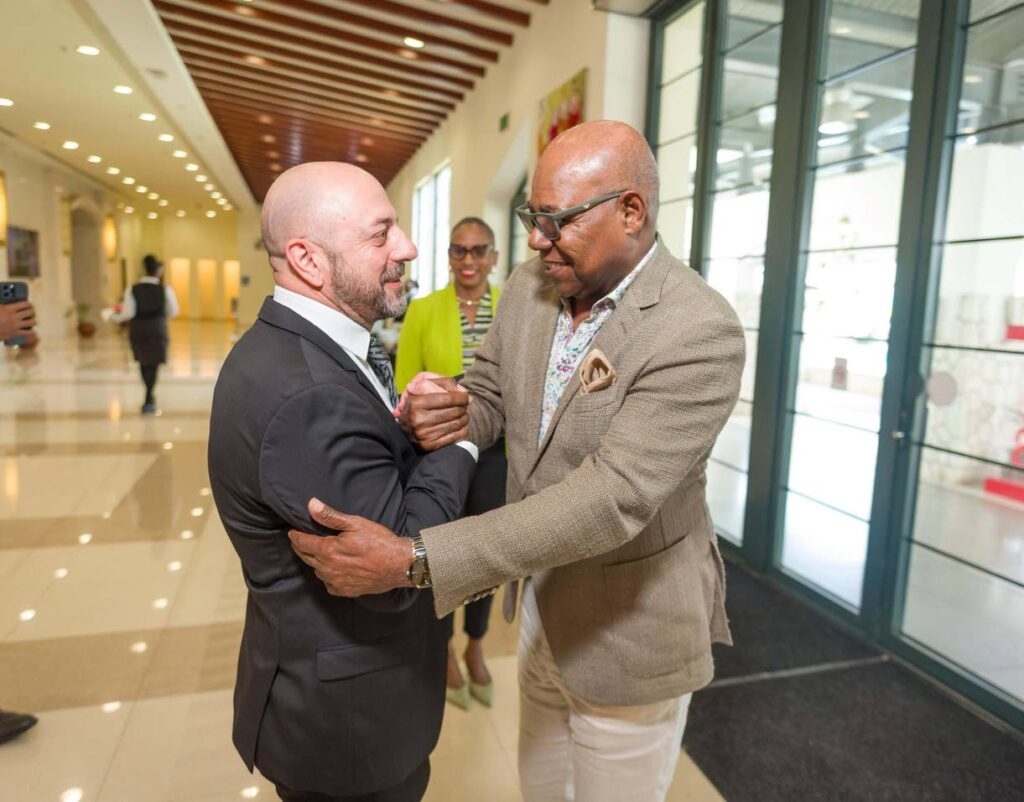Met Police Facial Recognition Set to Surge: More Frequent Deployments Amidst Budget Cuts

Londoners could see a significant increase in the use of facial recognition technology by the Metropolitan Police. Plans are underway to dramatically expand deployments, potentially increasing them from the current four to up to ten times per week. This move comes as the Met grapples with severe budget constraints and workforce reductions, impacting its ability to police the city.
Facing Financial Challenges and Staffing Shortfalls
The expansion of live facial recognition (LFR) technology is a key part of a wider restructuring effort within the Metropolitan Police. The force is facing a challenging financial landscape, with budget shortages forcing difficult decisions about resource allocation. Compounding this issue is the loss of a substantial number of officers and staff - 1,400 officers and 300 staff members have departed, leaving a significant gap in the force's capabilities. These changes necessitate a re-evaluation of how the Met delivers policing services, and LFR is being presented as a tool to enhance efficiency and effectiveness despite these limitations.
What is Live Facial Recognition?
For those unfamiliar, Live Facial Recognition technology uses cameras to scan faces in public spaces and compare them against a watchlist of individuals, often those suspected of committing crimes or wanted by the police. When a match is detected, officers are alerted, allowing them to intervene. The technology has been a source of controversy since its initial trials, raising concerns about privacy, accuracy, and potential for bias.
Concerns and Criticisms Remain
Civil liberties groups have consistently voiced concerns about the use of LFR, arguing that it poses a significant threat to privacy and could disproportionately impact marginalized communities. Accuracy remains a key point of contention, with studies showing that facial recognition systems can be prone to errors, particularly when identifying people of colour. The potential for 'mission creep,' where the technology is used for purposes beyond its original intent, is another major worry.
Police Justification and Future Implications
The Met Police defends the use of LFR as a vital tool for tackling serious crime and protecting the public. They argue that the technology allows them to identify and apprehend suspects more quickly, preventing further harm. However, the increased frequency of deployments raises questions about the balance between security and civil liberties. The public will be watching closely to see how the Met manages this expansion and addresses the ongoing concerns surrounding facial recognition technology. It is likely to spark renewed debate about the appropriate limits of surveillance in a democratic society, especially given the backdrop of budget cuts and reduced police numbers. The long-term implications of this policy shift on public trust and policing practices remain to be seen.






